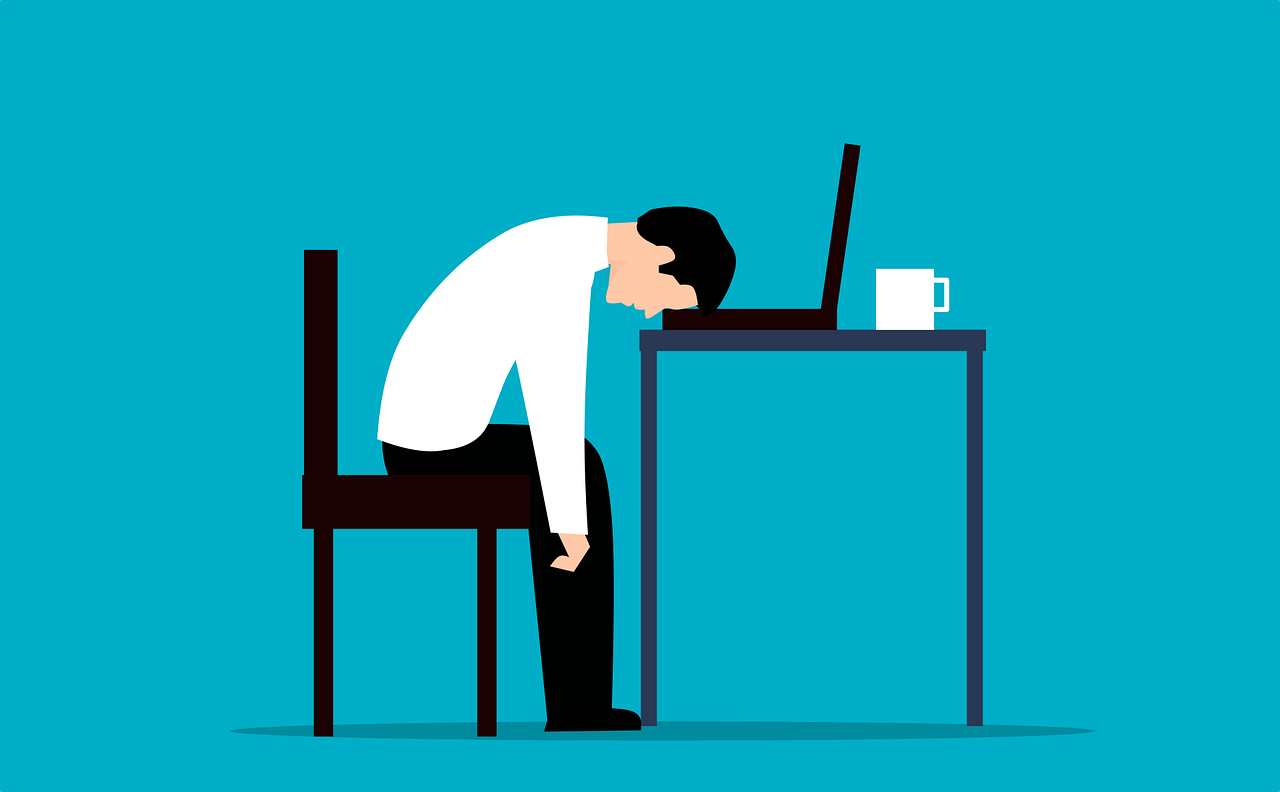Unconventional Depression-Era Hacks: Timeless Solutions for Modern-Day Challenges
In times of economic hardship, people often find themselves facing not only financial struggles but also mental health challenges. The Great Depression of the 1930s was no exception, as individuals grappled with high unemployment rates, poverty, and a general sense of despair. However, amidst the darkness, innovative solutions emerged that can still provide valuable insights and relief in today’s world.
One such depression-era hack is the concept of community support. During the Great Depression, neighbors would come together to share resources, offer emotional support, and help each other navigate the difficult times. This sense of community played a crucial role in combating feelings of isolation and despair. Today, we can apply this same principle by fostering strong social connections, whether through joining local community groups, participating in support networks, or simply reaching out to friends and family. Research has shown that social support is a vital protective factor against depression and anxiety, highlighting the enduring relevance of this depression-era hack.
Another timeless solution from the Great Depression is the practice of resourcefulness. In an era of scarcity, individuals had to make the most of what they had. This meant repurposing items, growing their own food, and finding creative ways to stretch their limited resources. Today, we can adopt a similar mindset by embracing sustainable practices, reducing waste, and finding innovative solutions to everyday challenges. By doing so, we not only contribute to a healthier planet but also cultivate a sense of empowerment and resilience, which can positively impact our mental well-being.
Rediscovering Depression-Era Innovations: 5 Surprising Solutions to Combat Depression and Anxiety
The Great Depression was a time of immense hardship, but it also gave rise to surprising innovations that can still offer relief in our modern-day struggles with depression and anxiety. One such innovation is the concept of "work therapy." During the 1930s, the Works Progress Administration (WPA) provided employment to millions of Americans through public works projects. This not only helped alleviate financial strain but also provided individuals with a sense of purpose and accomplishment. Today, we can apply this concept by engaging in meaningful work or volunteering. Research has consistently shown that engaging in activities that give us a sense of purpose and fulfillment can significantly improve mental health.
Another surprising depression-era innovation is the use of art as therapy. In the 1930s, art programs were established to provide emotional relief and self-expression for those struggling with depression. Today, art therapy continues to be a recognized and effective treatment for various mental health conditions. Engaging in creative activities such as painting, drawing, or writing can help individuals process emotions, reduce stress, and improve overall well-being. This depression-era hack reminds us of the power of self-expression and the therapeutic benefits of engaging in artistic endeavors.
Depression-Era Life Hacks: Time-Tested Strategies to Overcome Mental Health Challenges
The Great Depression was a time of immense hardship, but it also gave birth to life hacks that have stood the test of time when it comes to overcoming mental health challenges. One such strategy is the practice of mindfulness. During the 1930s, individuals had to find ways to stay present and focused amidst the uncertainty and despair. Today, mindfulness has become a widely recognized technique for reducing stress, anxiety, and depression. By cultivating a non-judgmental awareness of the present moment, individuals can gain a sense of control over their thoughts and emotions, leading to improved mental well-being.
Another time-tested depression-era hack is the power of physical activity. During the Great Depression, individuals often engaged in physical labor as a means of survival. This not only provided a source of income but also offered a natural outlet for stress and anxiety. Today, research has shown that regular exercise can be as effective as medication in treating mild to moderate depression. Engaging in physical activity releases endorphins, improves sleep, and boosts self-esteem, all of which contribute to better mental health. Whether it’s going for a walk, practicing yoga, or participating in a team sport, incorporating regular exercise into our lives can be a powerful tool for combating depression and anxiety.
From the Past to the Present: Depression-Era Hacks That Can Still Provide Relief in Today’s World
While the Great Depression was a time of immense hardship, it also gave birth to innovative solutions that can still provide relief in today’s world. One such depression-era hack is the practice of gratitude. During the 1930s, individuals had to find reasons to be grateful amidst the economic turmoil. Today, research has shown that cultivating gratitude can significantly improve mental health and well-being. By consciously focusing on the positive aspects of our lives and expressing gratitude for them, we can shift our perspective and reduce feelings of depression and anxiety.
Another enduring depression-era hack is the power of laughter. In the face of adversity, individuals during the Great Depression often turned to humor as a coping mechanism. Today, laughter continues to be a powerful tool for improving mental health. Studies have shown that laughter releases endorphins, reduces stress hormones, and improves overall mood. Whether it’s watching a comedy show, sharing jokes with friends, or engaging in laughter yoga, incorporating laughter into our lives can provide much-needed relief from depression and anxiety.
In conclusion, the Great Depression of the 1930s may seem like a distant memory, but its innovative solutions to combat depression and anxiety still hold valuable lessons for us today. From the power of community support and resourcefulness to the benefits of work therapy and art as therapy, these depression-era hacks offer timeless strategies to overcome mental health challenges. By embracing these time-tested solutions and adapting them to our modern-day lives, we can find relief and resilience in the face of adversity.



